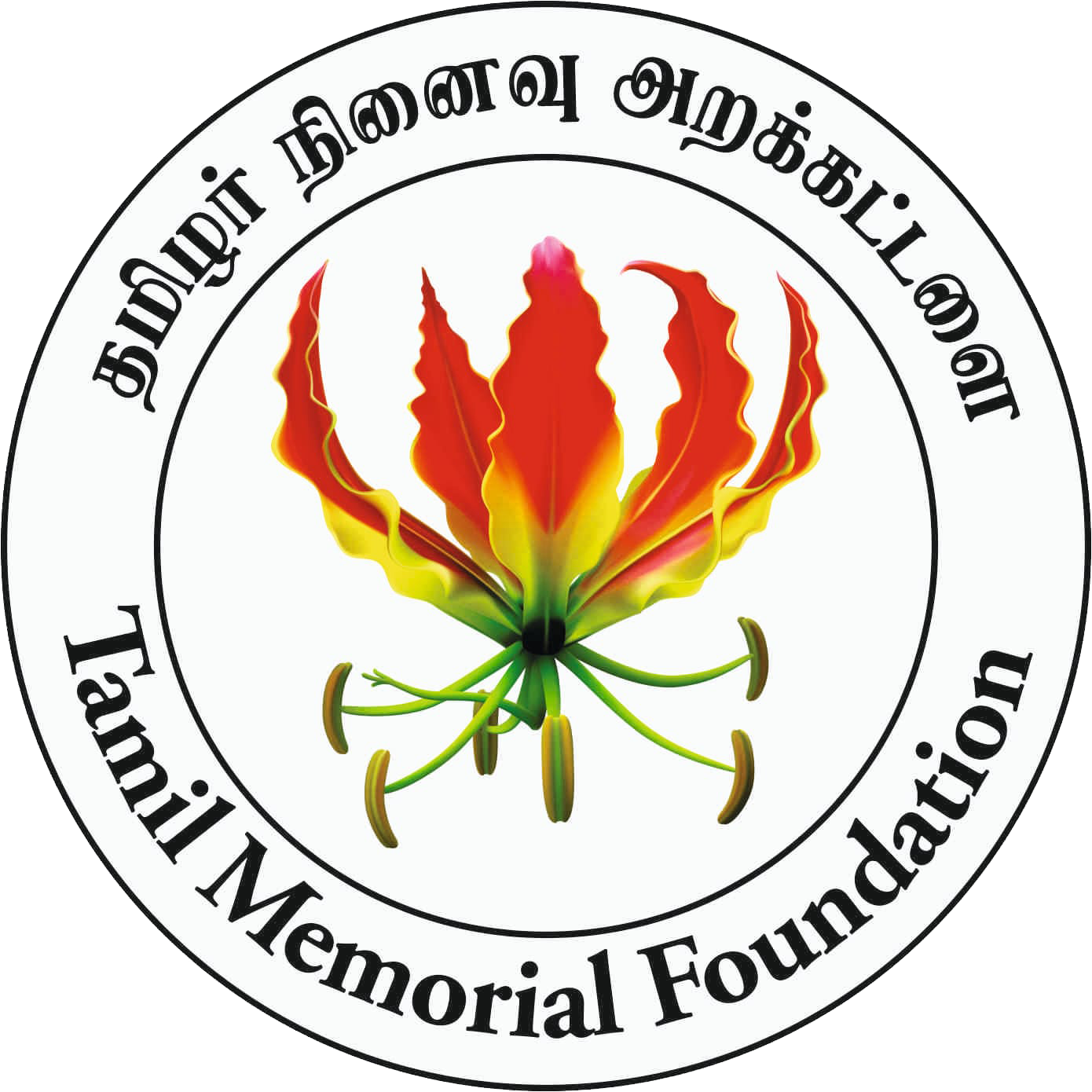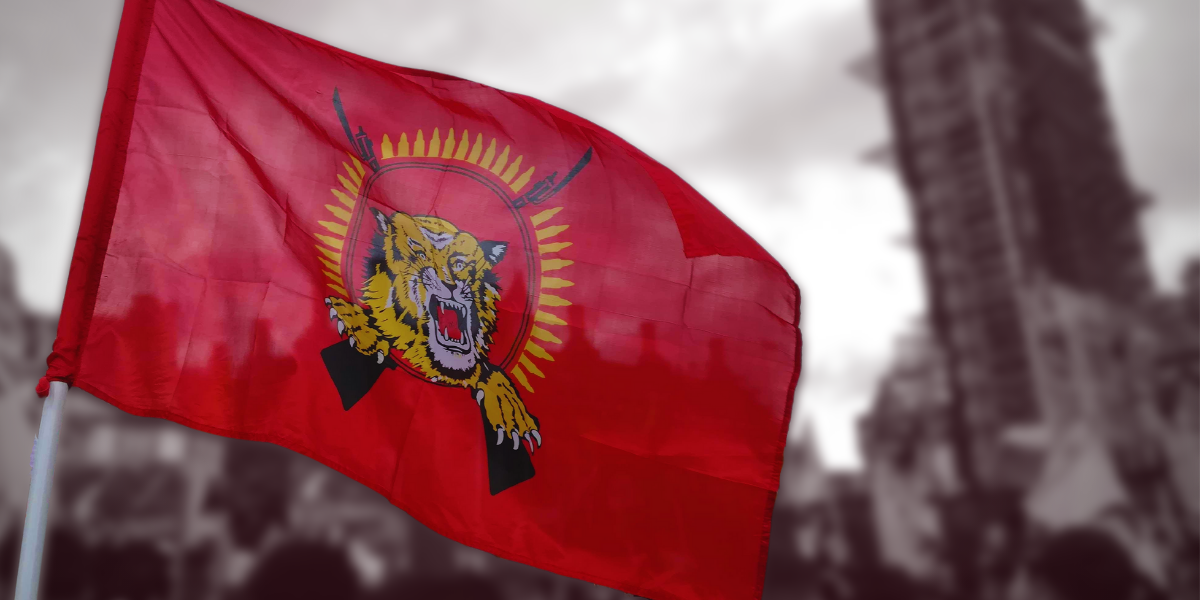
Eelam Tamils
Tamil Language
Tamil encompasses a wide array of disciplines dating back over 2000 years, including fields such as architecture, medicine, astronomy, astrology, music, dance, martial arts, warfare, international trade, international marine routes, mysticism, and culinary arts, among others. It is noteworthy to mention the various specialized branches within each discipline. Remarkably, Tamil remains the only classical language that meets all the qualifying criteria and continues to be studied and practiced today.

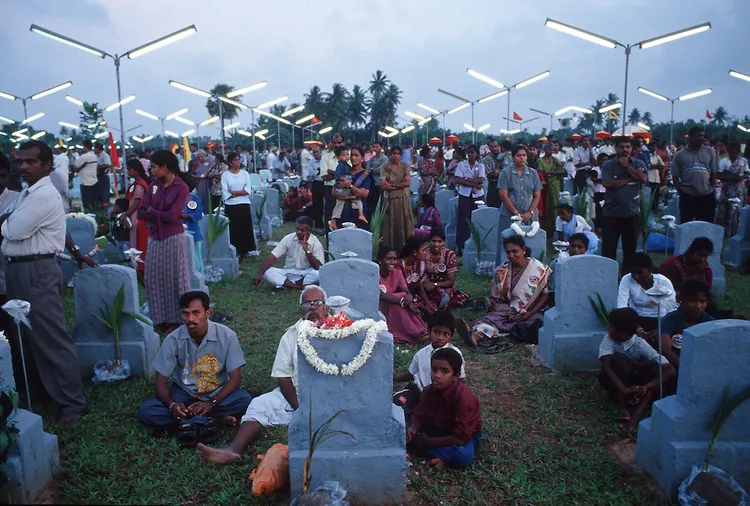
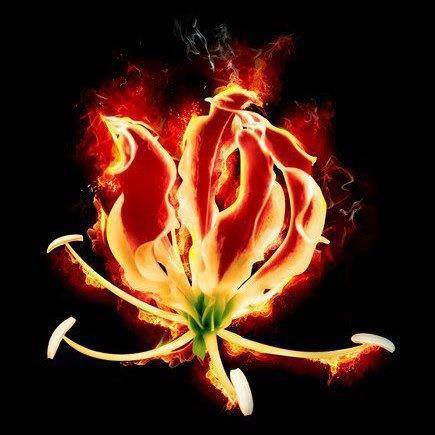
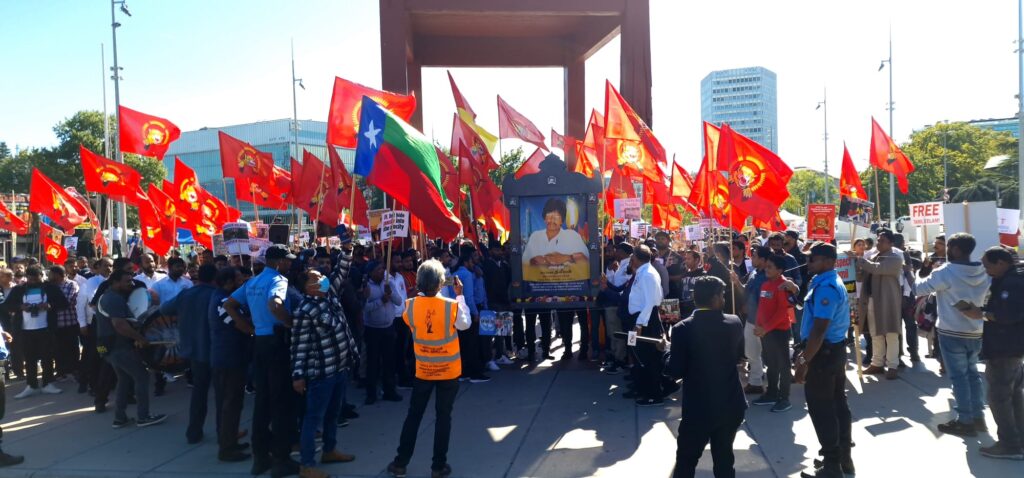
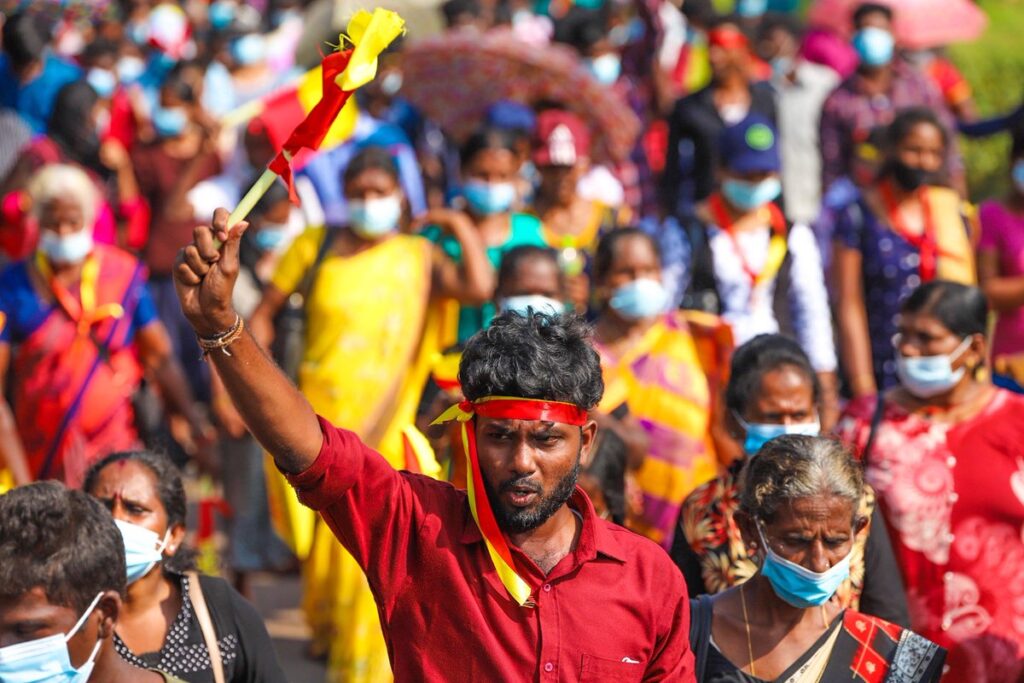
Tamils from Eelam (Sri Lanka)
The Tamils of the island are descendants of the Nagar and Iyakkar clans who predate the arrival of Vijayan and his 700 followers in the 5th century BCE, the ancestors of the Sinhalese on the island. Archaeological excavations by S.U. Deraniyagala (Iranaimadu Formation by S.U. Deraniyagala) have also uncovered evidence establishing that Eelam Tamils lived there around 500-700 BC, with palm leaf scriptures serving as corroborative evidence (as referenced in “Kantarodai Civilization of Ancient Jaffna” by Dr. Siva Thiagarajah). Notably, during Dutugamini’s reign, Tamil kings were in power over the majority of regions in Sri Lanka, except the Ruhunu south governed by Dutugamini himself. The Mahavamsa also mentions thirty-two Demela kings who were defeated by Dutugamini on his way to reach Anuradhapura (as recorded in the Mahavamsa).
The statements of renowned historian Paul E. Peiris are relevant in this respect. In his work “Nagadipa and Buddhist remains in Jaffna” (1917 JRA Journal No. 70 P 12-18), he stated, “I suggest that the north of Ceylon was a flourishing settlement before Vijaya was born”. He further noted, “Long before the arrival of Vijaya, there were in Lanka five recognized Iswarams of Siva, which claimed and received adoration of all India. These were Tiru Keteeswaram Munneswaram, Tondeswaram, Thirukoneswaram, and Naguleswaram”.
The Tamil and Sinhala Kingdoms were amalgamated by the British into one unit for administrative purposes under the recommendation of the Colebrooke–Cameron Commission of 1833. In 1948, when the British granted independence to Ceylon, they made the significant error of not separating the two sovereign nations. This, in addition to the fact that Tamils constituted one-third of the island’s population, led to the systematic oppression and genocide of Tamils in various dimensions, from parliamentary decisions to day-to-day survival. This resulted in the mass displacement of Tamils globally as political asylum seekers.
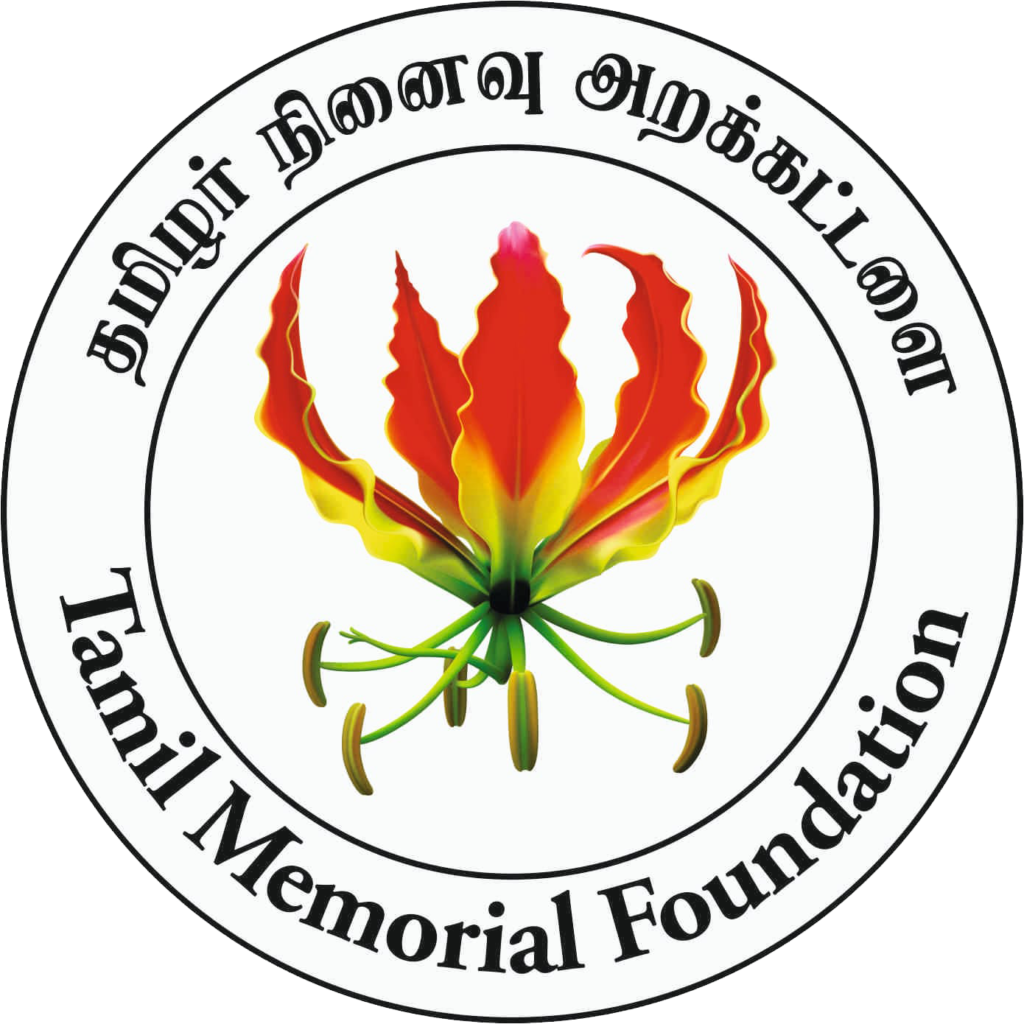
The Tamil Memorial Foundation is a coalition of Canadian organizations committed to commemorating and educating about the Tamils from the island of Sri Lanka, their history, cultures.
Subscribe
All Contacts
- A8-2370 Midland Ave, Toronto, ON M1S 5C6, Canada
- +1-202-555-0153
- tamilmemorialfoundation2023@gmail.com
- Developed By - MediaCity INC
- info@mediacityinc.com
- mediacityinc.com
